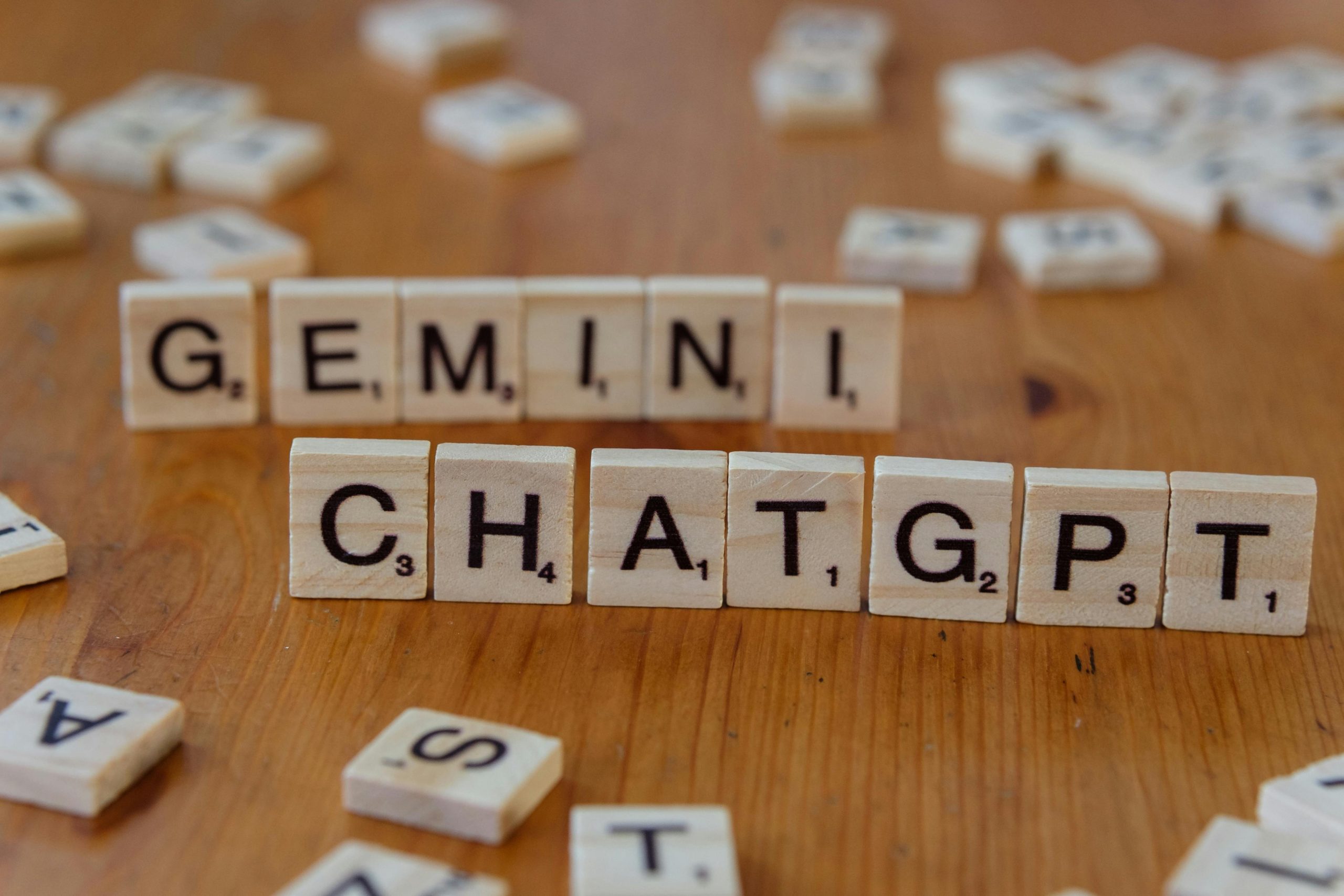My Supervisor Thinks I’m Cheating Because I Use AI for Task Management
Maximizing Productivity with AI: Overcoming Workplace Misconceptions
In today’s fast-paced business environment, staying organized and on top of tasks can be a significant challenge, especially in operations roles at small to mid-sized companies. Continuous emails, follow-ups, meetings, and deadlines often make it difficult to maintain clarity and efficiency.
Recently, I adopted an innovative approach to managing my workload by integrating AI tools such as ChatGPT into my daily routine. These tools help me scan notes, organize tasks, craft emails, and develop daily plans—all tailored to streamline my workflow. The results have been remarkable: I no longer feel overwhelmed, forget important details, or miss deadlines. Instead, I maintain a steady rhythm of productivity and quality work.
However, this new strategy has not been universally embraced. My manager, who is somewhat skeptical of AI, noticed my use of these tools and expressed concerns. During a conversation, he suggested that relying on AI might make the team look inefficient and emphasized that “real work takes time.” His comments implied that I might be bypassing traditional effort or “cheating,” simply because I am less stressed and more organized.
This experience highlights a common misconception about technology in the workplace. Utilizing AI is not about outsourcing responsibility or cutting corners; it’s about leveraging available tools to enhance efficiency and focus on high-value tasks. Technology should serve as an aid, helping professionals work smarter, not harder.
In conclusion, embracing modern solutions like AI can be a game-changer for productivity. It’s important to communicate this perspective to colleagues and managers, emphasizing that innovation in work habits is a sign of adaptability—an essential trait in today’s evolving workplace landscape.














Post Comment